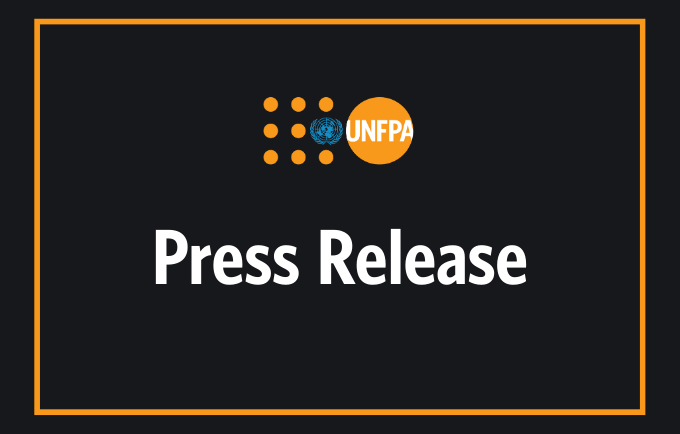Cairo - 4 February 2021 - The United Nations Population Fund Arab States Regional Office (UNFPA ASRO) is launching a regional campaign aimed at actively engaging men, youth and boys in the fight against of Female Genital Mutilation.
The launch coincides with the International Day of Zero Tolerance for Female Genital Mutilation, 6 February.
This year the UNFPA-UNICEF Joint Programme on the Elimination of Female Genital Mutilation and the Inter-African Committee on Traditional Practices (IAC) jointly launch the 2021 theme: "No Time for Global Inaction, Unite, Fund, and Act to End Female Genital Mutilation."
Gender equality cannot be achieved without the involvement of men and boys. Change is slowly taking place and men are increasingly working alongside women to support gender equality and the empowerment of women and girls.
UNFPA ASRO believes that collective abandonment (whole community chooses to no longer engage in FGM) is an effective way to address the practice. This year we are calling for men, youth and boys to actively engage and join forces against FGM by advocating for the full abonnement of the harmful practice in their families, neighborhoods and communities.
The role of men, youth and boys is crucial and denouncing this inhuman, harmful and illegal practice and working against it will accelerate an end to this practice and reverse the disturbing trends caused by COVID-19.
It is widely recognized that improving women’s status and advancing their rights yields benefits for whole societies, not just women and girls. Ensuring access to sexual and reproductive health services and protection from gender-based violence including FGM, among other important measures, improves the health of families and the economic well-being of entire communities.
Globally, it is estimated that around 200 million girls and women alive today have undergone some form of FGM. If current trends continue, an estimated 68 million girls will be mutilated between 2015 and 2030, unless concerted and accelerated action is taken. In addition, the COVID-19 pandemic is likely to further increase these numbers, and might result in an estimated 2 million more cases of FGM over the next decade than would otherwise have occurred, many of whom will be in the Arab region
In some Arab countries, FGM is widely prevalent: In Yemen, 19% of women and girls aged 15-49 have been subjected to the practice, while in Egypt and Sudan the rates are as high as 87%, and even 94% in Djibouti and 98% in Somalia, which has one of the higest prevelance rates globally
UNFPA Arab States Regional Office counts on
###
For more information:
Samir Aldarabi: +201068484879, aldarabi@unfpa.org



